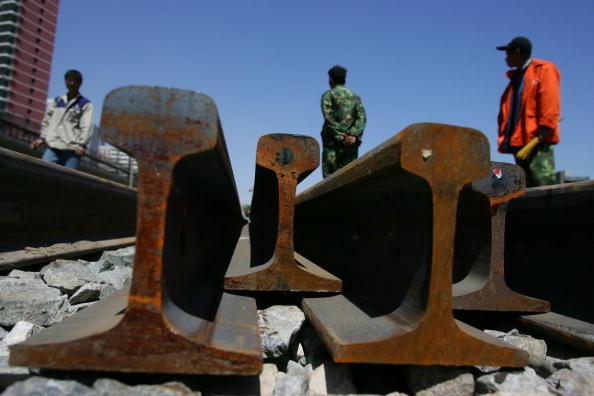The construction of rail and road network that will connect the Beijing-Tianjin-Hebei region has started, which is expected to bring the three neighboring areas closer and reduce travel time within the region, according to a report by China.org.
The report said that the construction of the 1,000-kilometer intercity railway network across the region will be completed in five years, based on the plan created in 2016.
Under the plan, three network centers will be built in Beijing, Tianjing and Shijiazhuang. There will also be three major channels, namely Beijing-Tianjin-Tanggu, Beijing-Baoding-Shijiazhuang and Beijing-Tangshan-Qinhuangdao Expressways.
The report said that the railway will reduce travel time from Pinggu to downtown Beijing to only 45 minutes as vehicles in Line Pinggu will run at maximum speeds of 160 kilometers per hour.
In addition to this, seven highways are currently under construction. On Dec. 9, the Beijing section of Beijing-Taipei Expressway was opened. The government said that new highways will be opened every year in the next four years.
To further help commuters, the three cities have issued a total of 317,000 inter-connective cards for transportation in the Beijing-Tianjin- Hebei region. Since December last year, the card has been in used on all bus lines in Beijing (except for tailored business buses) and 122 suburban lines operated by bus groups.
The card is also used on 600 more bus lines in 10 cities in Hebei and Tianjin, the report said.
The integrated development of Beijing, Hebei and Tianjin provinces is part of a national strategy to create the next growth engine in the capital region and in the whole Bohai Bay area, China Daily reported.
The creation of global city cluster is part of President Xi Jinping's initiative, which was formulated in 2014.
Xu Shaoshi, head of the National Development and Reform Commission, said in an interview with China Daily on Sunday, Feb. 19., that several integrated projects will be made this year outside Beijing, which includes the relocation of the Beijing municipal government outside of the city.
Other development projects also include the new Beijing Daxing International Airport, the second phase of the Shougang Jingtang steel complex at Caofeidian, and several projects for environmental protection and traffic management.



























